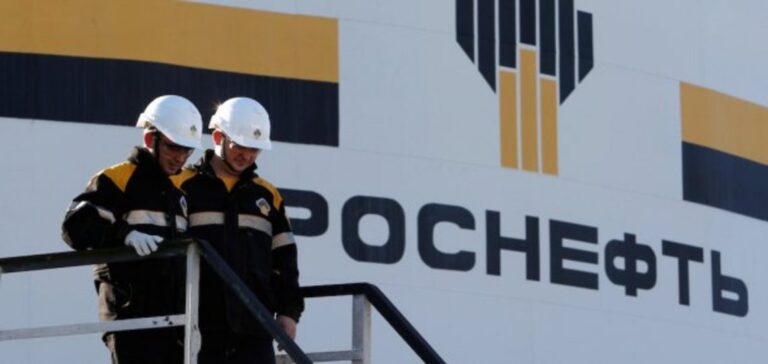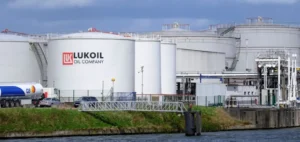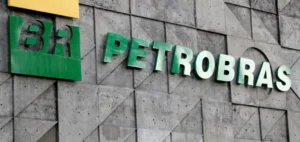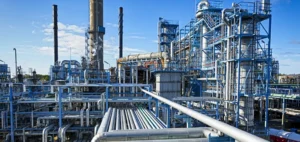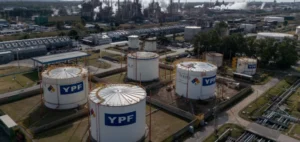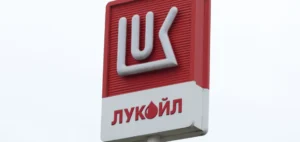The Russian oil giant Rosneft announced a significant loss of assets of 889 million dollars due to the seizure in mid-September by Berlin of its activities in Germany, where it previously managed many refineries.
Germany, a major consumer of Russian hydrocarbons, is trying to shed its dependence on Russia, which has become a pariah under sanctions for the West since its assault on Ukraine on February 24.
With this heavy loss in assets, Rosneft announced a net profit of 591 billion rubles ($9.4 billion) in the first nine months of 2022 compared to last year, down 15% year-on-year, as the group did not detail its results precisely for the third quarter.
“In Q3 2022, the most significant negative impact on results came from the transfer of the group’s assets to Germany (…), which resulted in the recognition of an additional asset loss of 56 billion rubles,” or $889 million at today’s rate, Rosneft said in a statement.
“Rosneft continued to be negatively affected by external factors and illegal restrictions including the seizure of Rosneft’s assets in Germany and various sanctions targeting Russia (between July and September),” its boss, Igor Setchine, was quoted in the statement as regretting.
In mid-September, the Russian group’s subsidiaries in Germany, which account for 12% of the country’s refining capacity, were placed under forced “trust administration”, in the midst of the energy dispute between Europe and Moscow over the Russian offensive in Ukraine.
In particular, Berlin has pledged to end Russian oil imports by the end of the year. The Russian giant, for its part, had criticized “an inappropriate means” of Berlin to achieve its objectives, then filed an appeal against the German state
mid-October.
Revenues, meanwhile, rose 15.7% in the first nine months of 2022 compared to the same period last year, to “$102.3 billion,” according to Rosneft. From January to September, “oil deliveries to Asia increased by about a third and fully offset the decline in supplies to European buyers.” Finally, Rosneft points out that its oil production in the first nine months of the year “reached 4.97 million barrels per day, an increase of 2.2% year-on-year”.
But, a new obstacle to overcome for Moscow, the introduction on Monday by Western countries of a cap on the price of Russian crude. The Kremlin has already vowed that it will not sell oil to those who apply this cap. The objective of the Americans and Europeans is to reduce Russian revenues and thus undermine the financing of its offensive against Ukraine.


